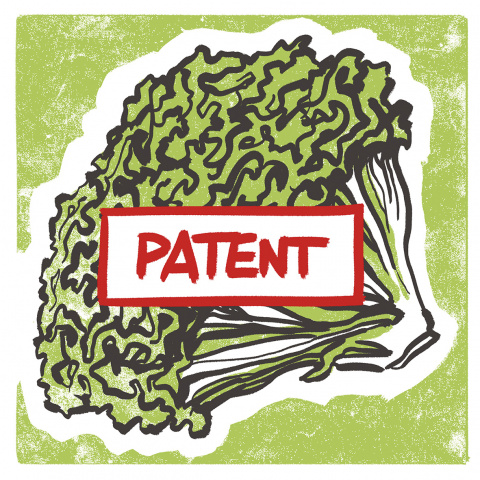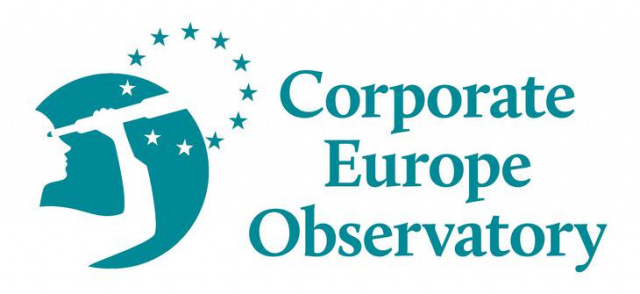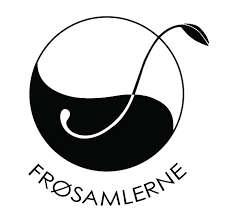[versión en castellano en la página de BioEcoActual]
22 May 2024 / No patents on seeds! filed an appeal against the decision of the European Patent Office (EPO) to maintain the patent on lettuce (EP2966992). Following a hearing in February, the Opposition Division of the EPO did not revoke the patent, even though it is based on conventional breeding. The traits of the lettuce could become important due to ongoing climate change, as the seeds can still germinate at higher temperatures. However, access to the seed is controlled by the patent holder, the Dutch company Rijk Zwaan.

“If the patent is not revoked, it will not be possible to continue to breed freely with these plants to bring improved varieties to the market. The patent means that only Rijk Zwaan can decide who gets access to the necessary biological material,” says Christoph Then for No patents on seeds!. “Such patents endanger diversity in the fields and in our shopping baskets; they can also significantly hamper adaptation to climate change.”
The text of the appeal sets out fundamental differences between conventional breeding and genetic engineering, and also clarifies this in the context of the existing legal framework. European patent law actually only allows patents on genetically modified plants. However, the EPO also grants patents on plants with randomly mutated genes.
The methods of ‘random mutagenesis’ have been known for around 100 years. In recent decades, several thousand plant varieties have been developed using these methods without patents being taken out on the plants. The legally guaranteed breeders’ privilege (or breeders’ exemption) is applicable in this context, as it allows other breeders free access to breed and market improved varieties.
In 2017, the EPO extended the limits of patentability to plants with random mutations, even though the prohibitions on the patenting of conventional breeding were meant to be tightened up. Meanwhile, over 1000 conventionally-bred varieties are already affected by patents, despite patents on plant varieties being prohibited in Europe.
No patents on seeds! criticized a recent article on the EPO website in regard to patents on plants. The text gives the misleading impression that, for example, a barley variety developed with random mutagenesis (used in brewing) was developed with targeted technical processes. Furthermore, the statistics on patents granted by the EPO in this sector do not include plants derived from random mutagenesis processes. In addition, no mention is made of the fact that over 1000 conventionally-bred plant varieties are already covered by patents in Europe.
Finally, it creates the impression that there is a full breeders’ exemption in patent law. However, this is not the case. Although patent-protected varieties can also be used for breeding, newly developed varieties cannot be marketed without a license from the patent holder. This dependency on the patent holder never previously existed in conventional breeding and is often a deterrent to other breeders.
Contact
- Johanna Eckhardt, project coordination, No Patents on Seeds!, johanna.eckhardt@no-patents-on-seeds.org, + 43 680 2126 343
Further information
- Overview patent on lettuce: https://www.no-patents-on-seeds.org/en/patent-cases/lettuce-hot-climate
- text of the appeal (German): https://www.no-patents-on-seeds.org/sites/default/files/2024-05/Beschwerde_Patent%20auf%20Salat_EP2966992.pdf
- Background on patents on lettuce: https://www.no-patents-on-seeds.org/en/lettuce
- “Q&A on plant patents” on the EPO website: https://www.epo.org/en/news-events/press-centre/fact-sheet/447625
---
You can share our posts about this press release on Facebook and X or share the direct link to this press release: https://www.no-patents-on-seeds.org/en/lettuce-appeal















